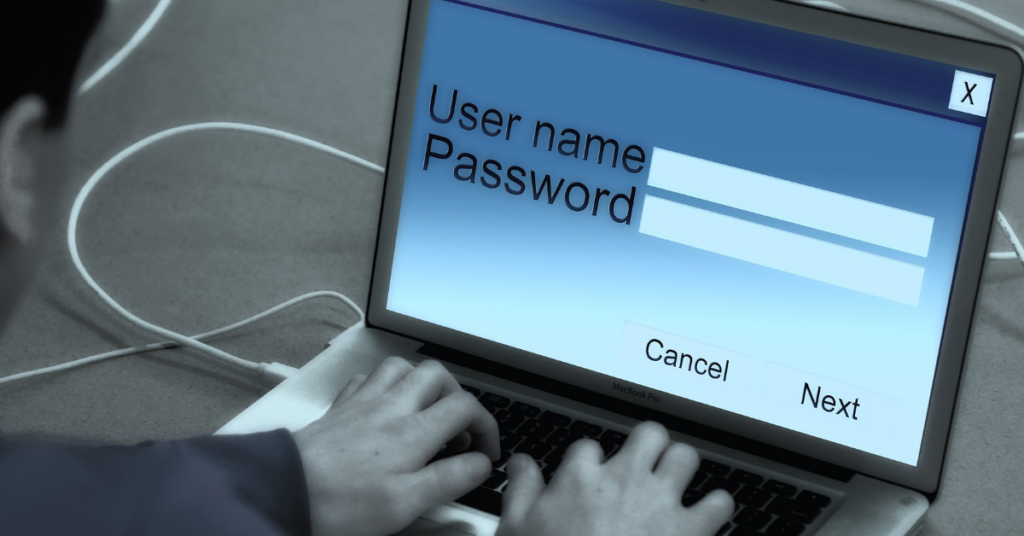On Friday, April 12, our Main Branch located at 1601 22nd Street will close at 10:00 a.m. for the move to our new headquarters.
On Friday, April 12, our Main Branch located at 1601 22nd Street will close at 10:00 a.m. for the move to our new headquarters.
On Friday, April 12, our Main Branch located at 1601 22nd Street will close at 10:00 a.m. for the move to our new headquarters.
Home » Fight Fraud Online

Nearly three decades after the internet was introduced, the web continues to transform the lives of many users, revolutionizing the way consumers shop, pay bills, and transfer money online. As these advancements make common tasks hassle-free, consumers are urged to take extra precautions, allowing them to navigate the web safely and avoid online crime.
“Banks are constantly innovating to make it easier for customers to manage their money online,” said Han Wu, West Bank Senior Vice President – Information Technology. “At the same time, we’re always looking for ways to help customers combat cyber threats.”
West Bank is offering these tips to help users safeguard their personal information and navigate the web safely:
Share This Article
© 2024 West Bank. All Rights Reserved. Member FDIC.
Equal Housing Lender.
© 2024 West Bank. All Rights Reserved.
Member FDIC.
Equal Housing Lender.